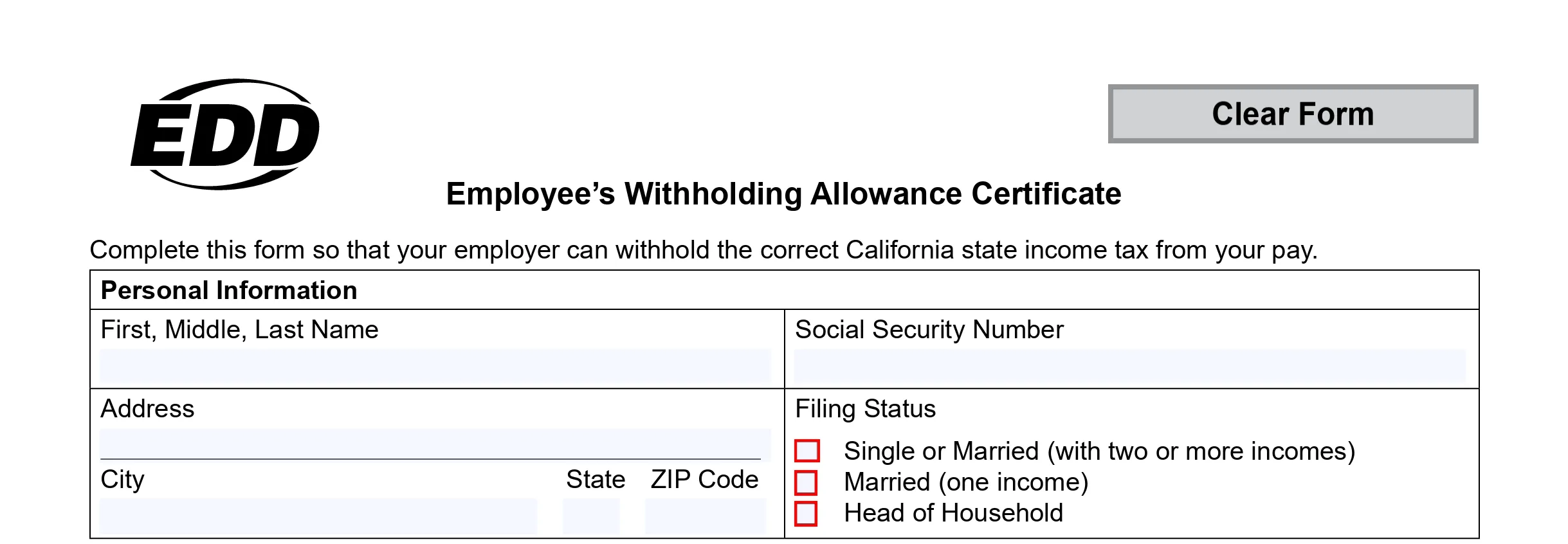Does your Law Firm have the best Tax Structure?

It is not a secret that one of the main concerns for an attorney is Taxes, especially, because they are usually in a high tax bracket. If you are considering opening a new law firm, or perhaps, want to understand how your legal structure affects your tax liability this post is for you.
We want to give you a glance of how the Federal tax rates vary depending on the Tax Structure of your business.
Let’s say you go for sole proprietorship or a partnership, in this case each attorney will calculate the taxes of their business income in their personal tax return. So the tax rate of all your ordinary income it’s also assigned to your business income.
As a personal service corporation you may choose to be taxed as C-corporation or S-corporation at the firm’s option.
C-corporations pay a flat 21% corporate income tax rate. C-corporations are known for their double taxation. The C Corp pays taxes at the entity level and the owner’s pay taxes on wages and dividends at the individual level.
With the S-corporation status, there is no corporate tax (except for some states like California where there is a corporate tax for S Corps). Each attorney pays their personal tax rate on their salary plus their share of the profits.
Now, if you registered with the state as a LLC/PLLC you can elect to be taxed as a C-corporation or S-corporation similarly to a professional service corporation.
How to know if S Corporation or C Corporation works best for you?
As stated before, as a C Corporation, there is a double taxation, on your firm income and on your personal income. C-corporation tax status will make the most sense when you are in growth mode and need to reinvest a large portion of your profits into the firm. Additionally, C Corporations are more flexible for setting up benefits to employees/owners.
But, does that make S-Corporation your best option? There are many things to consider if you go as S-Corporation.
First, and maybe the most appealing aspect is, with the S-Corporation status you reduce the amount of income that you pay 15.3% in self-employment taxes on. How? When using a sole proprietorship or partnership, you pay self-employment taxes on every dollar of income. When using an S-corporation, you pay the same employment taxes on the income you pay yourself as wages but not on the income you count as dividends. Sounds good right? That is 15.3% savings on every dollar you get as distributions. Here you may get excited, but let's be real, you can’t just choose to make all your income distributions, there is a requirement for “Reasonable Compensation” in wages. This can be an advantage or disadvantage depending on if you are a solo attorney or a partner.
You can also save by only paying 12.4% on Social Security tax on your first $132,900. However, if your numbers are above that, the SCorp won't help you reduce your liability.
Another point to analyze, Attorneys are a specified service business and because of that they get their 20% Qualified Business Income deduction reduced or completely eliminated if their personal income exceeds $207,500 as a single filer or $415,000 as a joint filer.
Reality is, deciding which Tax Structure is best for you and your business depends on so many factors and variables and in these cases is best to call for an expert in the area. Run the numbers and see what makes more sense in the long term, what option gets you closer to your long term goals, and what option reduces your taxes the most not only this year but as a total in the future years.
In My Books and Taxes, we specialize in Law Firms. Our main goal is to advise and guide you in the right direction that works best for you and your business. If you think you are overpaying in taxes, Tax Planning is the option for you. Schedule a Digital Coffee with us or contact us at [email protected].



